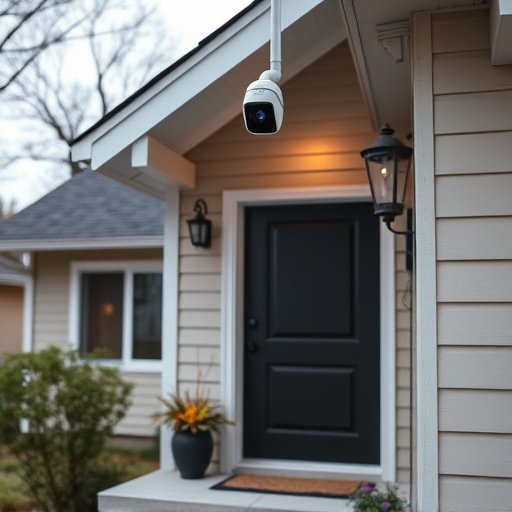Evaluating a technician's technical proficiency, problem-solving skills, and understanding of complex system interdependencies is key to ensuring a robust service guarantee. Reviewing repair records helps assess their expertise and past performance. Homeowners should understand service guarantee coverage before complex repairs. Simulating unusual scenarios tests adaptability and maintains service standards.
When assessing a technician’s capability to handle complex repairs, several crucial factors come into play. This article guides you through an essential evaluation process encompassing key areas such as technical proficiency, problem-solving skills, and an understanding of system interdependencies. Additionally, it emphasizes the importance of reviewing past repair records and checking service guarantee coverage. By following these steps, you can ensure that your chosen technician is equipped to handle even the most intricate challenges effectively.
- Evaluate Technical Proficiency
- Assess Problem-Solving Skills
- Review Previous Repair Records
- Check Service Guarantee Coverage
- Understand Complex System Interdependencies
- Simulate Unusual Scenario Handling
Evaluate Technical Proficiency

When assessing a technician’s ability to handle complex repairs, evaluating their technical proficiency is paramount. This involves scrutinizing their understanding of intricate systems and their mastery over diverse tools and technologies. A capable technician should not only be able to diagnose issues accurately but also implement creative solutions with minimal supervision. Their knowledge base should encompass both standard procedures and cutting-edge practices, ensuring they can adapt to evolving industry standards.
One key aspect of technical proficiency is the capacity to troubleshoot effectively. Technicians must possess strong analytical skills to isolate problems, interpret data, and make informed decisions. Moreover, their problem-solving approach should be systematic and methodical, reflecting a commitment to delivering high-quality service that meets or exceeds customer expectations. A robust service guarantee often hinges on this technical expertise, ensuring clients receive reliable and efficient solutions for even the most challenging repairs.
Assess Problem-Solving Skills
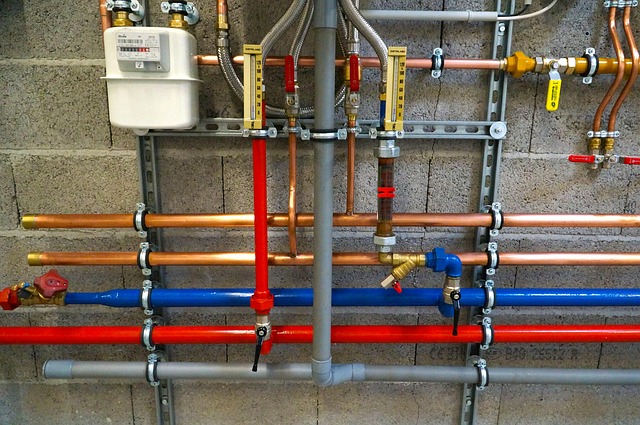
When evaluating a technician’s capability for complex repairs, assessing their problem-solving skills is paramount. It involves scrutinizing their approach to diagnosing and fixing issues that aren’t straightforward. Look for evidence of critical thinking, creative solutions, and adaptability in challenging scenarios. Technicians who can break down intricate problems into manageable parts, consider multiple possibilities, and implement effective strategies demonstrate a strong foundation in problem-solving.
A reliable service guarantee also hinges on robust problem-solving abilities. Customers expect prompt resolution to their issues, and technicians must possess the skills to navigate unexpected complications. By assessing how well a technician tackles complex repairs, you gain insight into their capacity to deliver high-quality service that meets or exceeds customer expectations, ultimately fostering trust and loyalty.
Review Previous Repair Records
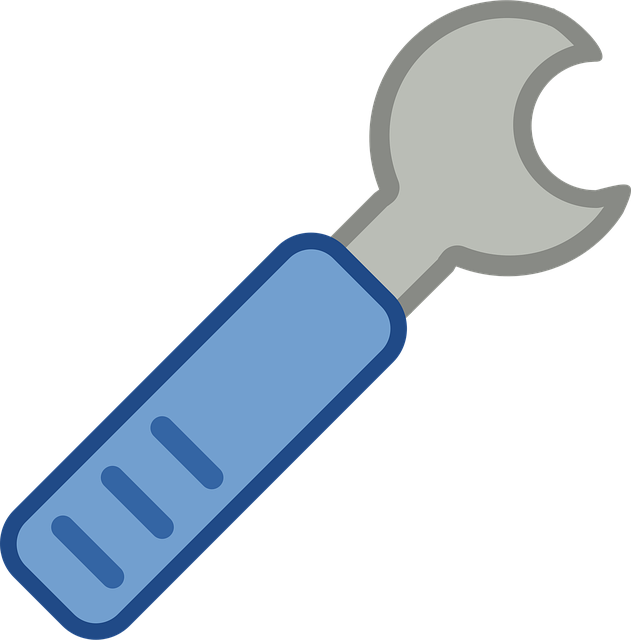
Reviewing previous repair records is an invaluable step in assessing a technician’s capability to handle complex repairs. These logs serve as a detailed history, offering insights into their problem-solving skills and familiarity with specific issues. By examining past tasks, you can gauge their proficiency in diagnosing intricate faults, understanding equipment interactions, and successfully completing jobs that require multiple stages or specialized tools. This process ensures a technician is equipped to deliver quality service and honor the associated service guarantee.
Moreover, repair records highlight trends, recurring challenges, and areas where a technician excels. They provide concrete evidence of their experience, allowing you to identify whether they have encountered—and successfully navigated—situations similar to the complex repairs at hand. This knowledge is pivotal in making an informed decision, ensuring both the quality of work and customer satisfaction.
Check Service Guarantee Coverage

Before tackling complex repairs, homeowners should thoroughly review their service guarantee coverage. This crucial step ensures that unexpected costs don’t arise from necessary but intricate fixes. A comprehensive service guarantee can cover a wide range of issues, providing peace of mind and financial protection. By understanding what’s included in your warranty, you can confidently proceed with repairs, knowing potential surprises are minimized.
Checking the service guarantee allows homeowners to make informed decisions about their property maintenance. It’s essential to read through the terms and conditions to grasp what’s considered covered and uncovered. This proactive measure helps prevent miscommunication and ensures a smoother repair process.
Understand Complex System Interdependencies
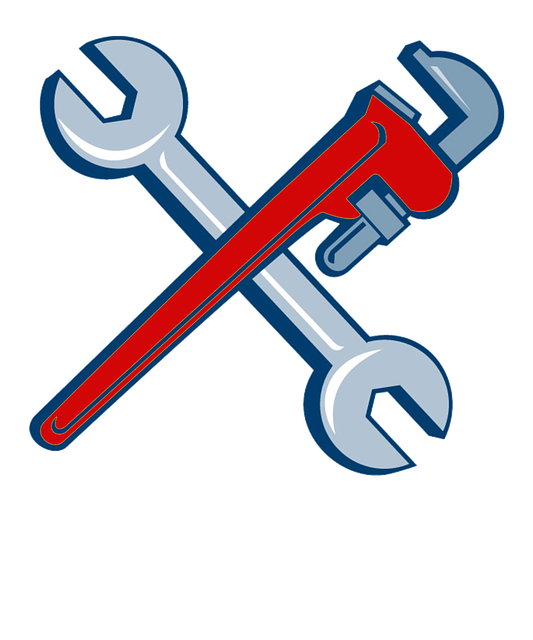
Understanding complex system interdependencies is a vital step in assessing one’s ability to handle intricate repairs, especially when it comes to maintaining a seamless service guarantee. In many cases, machines and technologies within a system are interconnected, with each component relying on others for optimal performance. For instance, in industrial settings, a breakdown in a single machine can trigger a cascade of issues throughout the entire production line.
This interdependence requires technicians or repair teams to have a holistic view of the system, understanding not just how individual parts function but also their intricate relationships. By grasping these connections, professionals can anticipate potential ripple effects of repairs and implement strategies to mitigate disruptions, ensuring minimal downtime and maintaining high-quality service standards.
Simulate Unusual Scenario Handling
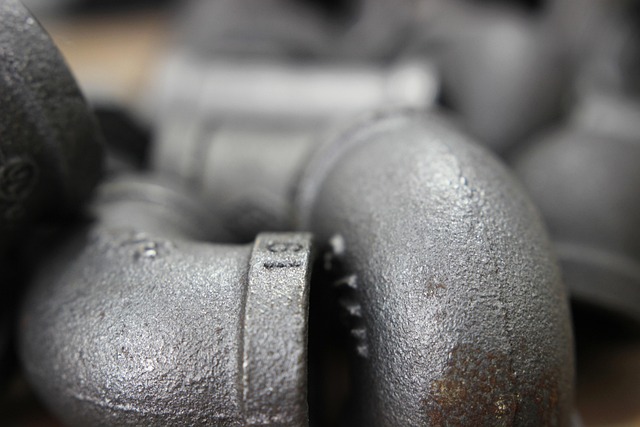
When assessing a technician’s capability to handle complex repairs, simulating unusual scenarios is paramount. This involves creating situations that deviate from routine maintenance or typical故障 patterns. By doing so, it becomes possible to gauge the individual’s problem-solving skills under stress and their adherence to safety protocols—crucial aspects often revealed only in unconventional circumstances.
Such simulations should encompass a wide range of potential issues, from rare equipment malfunctions to unusual customer complaints. The purpose is not merely to test technical proficiency but also to evaluate adaptability, communication skills, and the ability to manage unexpected challenges while upholding the service guarantee. Through these exercises, organizations can identify not just technical expertise but also the human qualities indispensable for navigating complex repairs successfully.


